Key takeaways:
- Inflation affects purchasing power, forcing consumers to adjust spending habits, prioritize necessities, and find cost-saving strategies.
- Strategies like meal planning, budgeting apps, and setting aside emergency funds can help individuals manage their finances effectively during inflationary times.
- Future trends include leveraging technology for financial planning and a shift toward sustainable consumption, reflecting personal values in spending choices.
Understanding inflation and spending
Inflation represents the rate at which the general level of prices for goods and services rises, eroding purchasing power. I remember when I first noticed how everyday groceries seemed to cost more. I’d walk through the aisles and wonder, “How did a simple loaf of bread become such a luxury?” This personal experience highlights how inflation can impact what we can afford.
When inflation occurs, consumers often adjust their spending habits. For instance, I’ve cut back on dining out lately, shifting towards making meals at home. It’s a practical decision, but it also makes me ponder how many others are feeling the pinch in similar ways. Are we all compromising on little pleasures to stretch our budgets?
The emotional weight of inflation can lead to anxiety about financial security. I’ve seen friends stressed over bills that seem to be piling up faster than their income can support. It raises the question: how do we balance our desires against the relentless tide of rising costs? Understanding these dynamics is crucial in navigating our financial landscapes, especially in uncertain economic times.
How inflation affects consumer behavior
As inflation rises, I notice a shift in priorities among my friends and family when it comes to spending. Many have started to forgo non-essential items in favor of necessities, curbing their previously carefree attitudes toward shopping. For example, my neighbor recently switched from her favorite organic brand to a more affordable option, highlighting the tough decisions we all face now.
Here are some common changes in consumer behavior due to inflation:
- Increased focus on discounts and sales, leading to more strategic shopping.
- A rise in bulk purchasing to save money in the long run.
- Heightened interest in second-hand goods over new items.
- More frequent comparisons between brands to assess value.
- A noticeable decline in impulse buys as budgets tighten.
This shift in behavior reflects a broader collective response to economic strain, as my cousin recently pointed out when she said, “Every little savings feels like a win.” It’s clear that in times of inflation, the way we think about spending transforms dramatically.
Impact of inflation on necessities
The impact of inflation on necessities is quite profound. I’ve watched my grocery bills soar, forcing me to reevaluate which items I consider essential. Remember when a box of pasta was a quick fix? Now, I double-check prices and sometimes leave those boxes on the shelf, opting for cheaper staples that fill the plate but lack my preferred flavor.
With rising costs, I can’t help but feel a sense of urgency around budgeting. The other day, while at a local farmer’s market, I realized my usual purchases were shrinking. Where I once bought a variety of vegetables, I now focus on whatever’s on sale. This experience of altering my shopping routine has not only impacted my diet but also my enjoyment in cooking—what used to be a creative outlet now feels more like a financial task.
Table 1 shows a comparison of necessity expenses before and after inflation took place. I find it insightful to visualize how much these changes truly affect us. Looking at these numbers, I can’t help but wonder: how many of us are grappling with similar dilemmas, silently navigating the personal impact of rising prices?
| Item | Price Before Inflation | Price After Inflation |
|---|---|---|
| Milk | $3.00 | $3.75 |
| Bread | $2.50 | $3.00 |
| Eggs | $2.00 | $2.50 |
Strategies for budgeting during inflation
Creating a budget during inflation requires a shift in mindset and strategy. I’ve found that tracking expenses in real time can be incredibly beneficial. Using an app or even a simple spreadsheet helps me see where my money goes each month. This way, I can identify areas to cut back and prioritize my spending more effectively, like when I decided to limit my dining out to only special occasions rather than every weekend.
One strategy that has been a game changer for me is meal planning. I used to pick up whatever struck my fancy, but now I dedicate some time each week to review grocery ads and plan meals around what’s on sale. This not only saves money but also cuts down on food waste—something I’ve become increasingly aware of since the price hikes began. Have you ever calculated how much food you throw away? I was shocked when I did! It definitely encouraged me to get creative with leftovers.
Lastly, I’ve started a habit of setting aside a small emergency fund. Even during tight times, knowing I have a cushion helps ease my anxiety about unforeseen expenses. I remember a month when my car needed repairs, and having that extra cash made me feel secure instead of panicked. How do you prepare for unexpected costs? For me, it’s all about being proactive rather than reactive, which provides a sense of control in an unpredictable economic landscape.
Adjusting investment plans with inflation
Adjusting my investment plans in response to inflation has been a bit of a learning curve. Recently, I took a closer look at my portfolio and realized that some assets weren’t keeping pace with rising prices. For instance, I used to favor fixed-income investments, but with interest rates low, I’ve shifted more towards stocks and real estate, which tend to outpace inflation over time. Have you considered how your investments measure up against inflation?
Analyzing my investment strategy led me to reevaluate risk tolerance as well. I never thought of myself as a risk-taker, but I’ve come to appreciate the potential for higher returns in sectors like technology and renewable energy. I remember feeling a rush of excitement when a tech stock surged, reminding me why I look beyond the traditional bonds and safer bets. It’s exhilarating to connect with investments that align with both my financial goals and values, like supporting green companies.
Moreover, I’ve started factoring inflation into my long-term financial goals. I realized that simply saving isn’t enough anymore; the purchasing power of my savings could dwindle if I don’t act. Now, every time I review my financial plans, I keep inflation forecasts in mind. What about you—how often do you think about the impact of inflation on your savings? By integrating these considerations into my investment decisions, I feel more equipped to navigate the complexities of our economic landscape.
Future trends in inflation management
As we look ahead, I believe there’s a significant shift happening in how individuals and businesses approach inflation management. For example, I’ve noticed an increasing emphasis on using technology to mitigate rising costs. Budgeting apps and financial platforms are evolving quickly, enabling users to receive real-time notifications about price changes and spending habits. Have you ever thought about how tech innovations could simplify your financial planning amidst inflation? They certainly give me a sense of empowerment.
Another trend I see is the focus on sustainable consumption. Personally, I’ve started to embrace buying local and seasonal produce, not only to save money but also to support community businesses. This shift meets two needs: it helps my wallet and contributes to environmental sustainability—something I deeply care about. Have you considered how your purchasing choices can reflect your values in today’s economy? I find that aligning spending with personal beliefs brings a sense of fulfillment beyond just financial savings.
Moreover, it’s intriguing to note how organizations are adapting. Companies are beginning to optimize their supply chains by investing in local sourcing and just-in-time inventory systems to manage costs more effectively. I recall a conversation with a friend in retail who shared how these strategies helped his business reduce wastage significantly. It got me thinking—could your own spending habits benefit from a more mindful approach? It’s exciting to explore how collective actions can lead to broader economic resilience against inflationary pressures.
Conclusion on inflation and spending
The impact of inflation on spending ultimately shapes our financial choices and priorities. I’ve noticed that as prices rise, I often reevaluate my daily purchases. For instance, it used to be second nature for me to grab a coffee from my favorite shop every morning, but now I tend to save that treat for special occasions. Have you experienced similar shifts in your habits?
Furthermore, inflation forces a broader conversation about value. As I navigate my budget, I find myself asking what truly matters to me. I recall a moment when I opted to invest in experiences, like a weekend getaway, instead of the latest gadget. It was a reminder that sometimes, spending wisely means prioritizing what brings genuine happiness rather than simply chasing trends. What about you—how do you balance spending desires with meaningful experiences?
In the grand scheme of things, I believe inflation challenges us to be more conscientious earners and spenders. It’s empowering to take control over our financial decisions, even amid external pressures. By adopting a thoughtful approach to spending—one that emphasizes value over volume—we can better navigate these economic fluctuations. How do you see yourself adapting to these changes in your economic landscape?
















